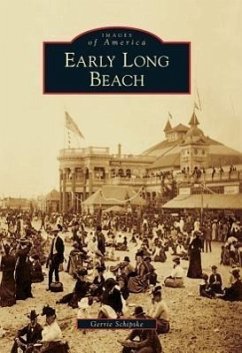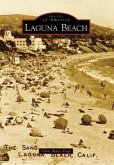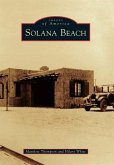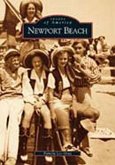Few other cities can boast of the natural assets, the people, and the events that shaped the first 50 years of their history, as can the city of Long Beach, California. First inhabited by the Tongva people, the land was taken away by the Spanish, then granted to friends of the King, who in turn sold parcels to real estate speculators working with the railroads. It was called many names before Belle Lowe suggested in 1884 that the townsite be known for its eight miles of long beaches. Its oceanfront provided a resort area, a landing strip for early aviators, a fishing industry, a port for shipbuilding and trade, and a location for the US Navy to anchor its battle fleet in 1919. However, discovery of oil in 1921 transformed the city, bringing incredible wealth and an explosive growth in population. By 1938, the citys population was 200,000 and would be a major factor in the Southern California war effort.
Hinweis: Dieser Artikel kann nur an eine deutsche Lieferadresse ausgeliefert werden.
Hinweis: Dieser Artikel kann nur an eine deutsche Lieferadresse ausgeliefert werden.








